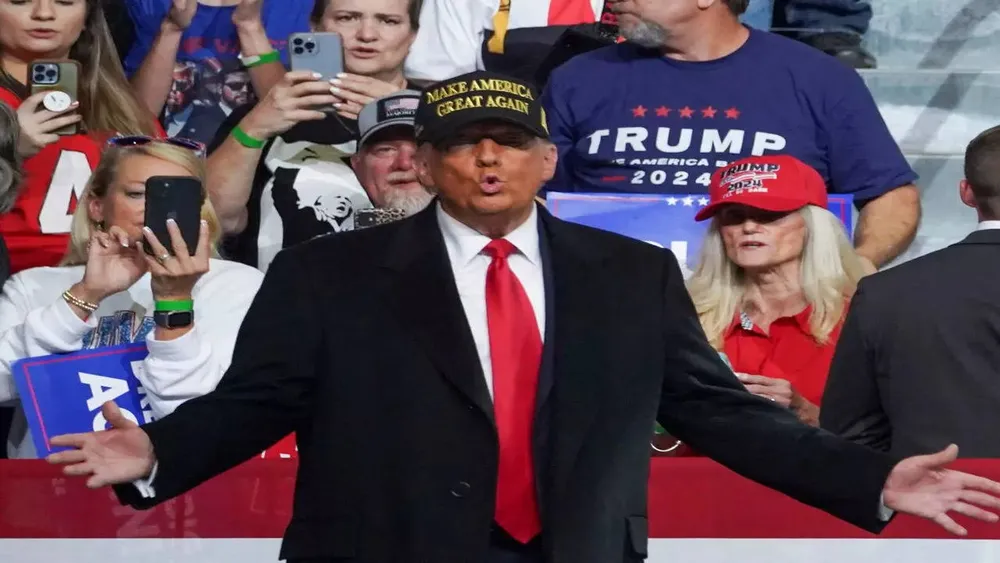

Donald Trump's presidency has significantly impacted the US fashion industry through his 'America First' trade policies, which emphasized domestic production and imposed tariffs on imports, particularly from China. While aimed at boosting local manufacturing, these policies led to increased production costs and financial strain on both luxury and fast fashion brands. Many companies sought to diversify their supply chains to mitigate these challenges. In contrast, a hypothetical Kamala Harris administration might have fostered more cooperative trade relationships and emphasized sustainability, potentially benefiting the fashion sector.


Donald Trump's presidency has significantly impacted the US fashion industry through his 'America First' trade policies, which emphasized domestic production and imposed tariffs on imports, particularly from China. While aimed at boosting local manufacturing, these policies led to increased production costs and financial strain on both luxury and fast fashion brands. Many companies sought to diversify their supply chains to mitigate these challenges. In contrast, a hypothetical Kamala Harris administration might have fostered more cooperative trade relationships and emphasized sustainability, potentially benefiting the fashion sector.
•Tariffs increased production costs for fashion brands, affecting pricing and profitability.
•Many brands diversified supply chains to reduce reliance on China.
•Smaller brands faced significant challenges adapting to higher costs.
•A hypothetical Harris administration might have emphasized sustainability and cooperative trade.
Need any assistance with your queries?
Our AI chatbot support is always available to provide answers to any questions but to begin with, here are some of our most asked questions
How did Trump's policies affect the fashion industry?
What challenges did smaller fashion brands face under Trump's administration?
How might Kamala Harris's presidency have changed trade for the fashion industry?








